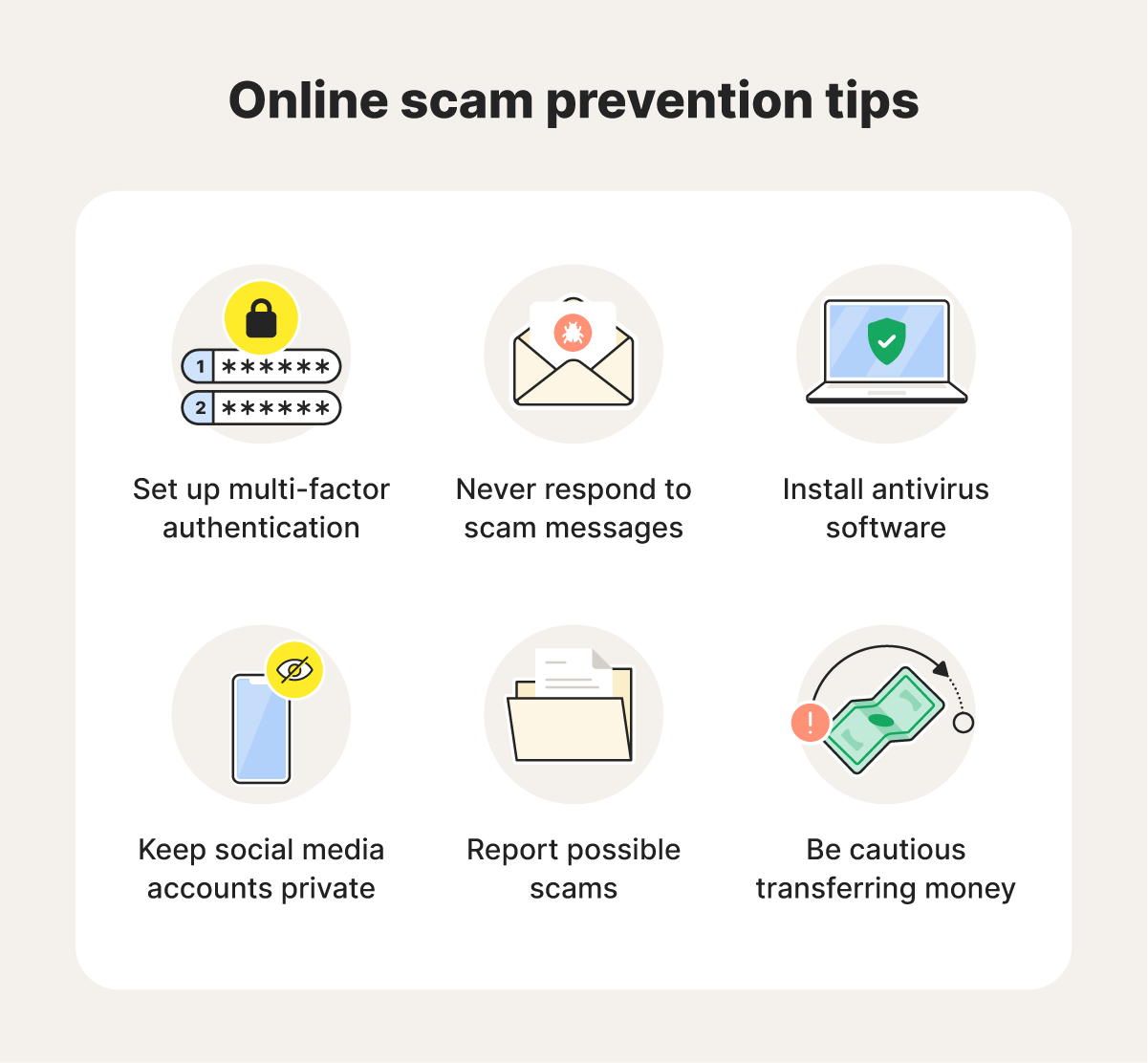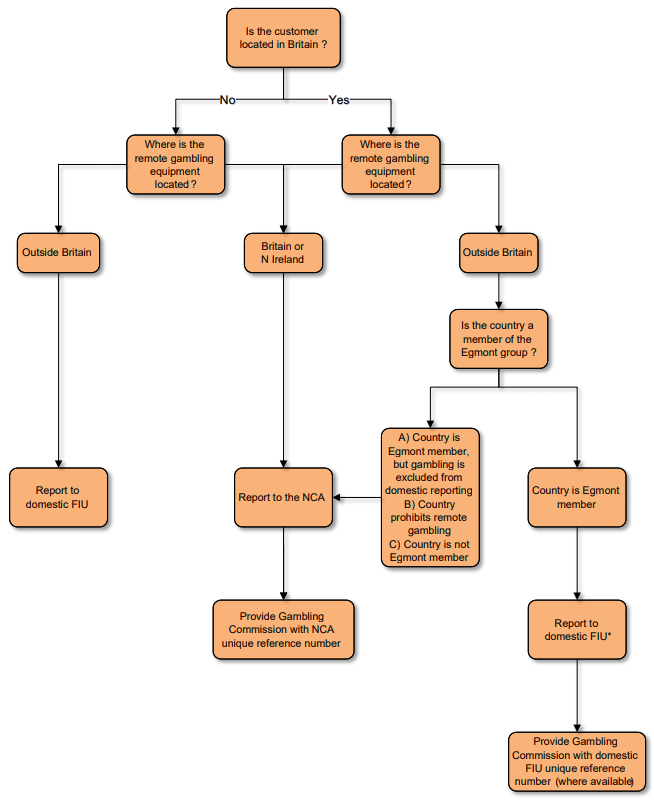Economy

Economy
19 Sep, 2025
Rise in Online Travel Scams Targets Filipino Tourists Amid Growing Holiday Demand
Macario Yambao
Mary (a pseudonym), an overseas Filipino worker, sought to create memorable experiences for her family by organizing a two-week trip to Thailand in celebration of her daughter's graduation. Despite meticulously arranging the itinerary and accommodations, she overlooked securing travel insurance. Acting on a relative's advice, she sought affordable insurance from online travel agencies and was quickly contacted by YSL Travel and Tours, which appeared credible with over 28,000 Facebook followers and numerous positive testimonials.
Enticed by an initial offer of insurance priced at ₱600 per person, Mary was asked to pay a 60% downpayment immediately. However, the agency abruptly altered the terms, demanding full payment upfront. After complying, Mary experienced a sudden cessation of communication from YSL Travel and Tours, raising her suspicions that she had fallen victim to an online scam.
Her experience reflects a broader surge in such fraudulent activities. The Philippine National Police Anti-Cybercrime Group (PNP-ACG) reported a steep increase in travel scam cases, rising from 39 incidents in 2021 to 313 in 2023, with 89 cases already logged in the first five months of 2025. Police Lieutenant Edessa Rodriguez noted, "Most victims fall for fake travel packages, bogus accommodation offers, and untraceable travel agents after making payments." She added that scams typically spike during March and April when travel demand peaks.
Investigations into YSL Travel and Tours using open-source intelligence revealed multiple red flags. Online travel scam watch groups flagged the agency, with affected users exposing fraudulent documents and falsified licenses supposedly from local government and travel associations. Official confirmation from the Department of Tourism verified that YSL Travel and Tours holds no accreditation.
Further scrutiny uncovered a network of related fraudulent agencies operating under various names, including RNB Travel and Tours, which has a suspicious history of name changes and duplicated content from legitimate travel companies. This network also operates under aliases such as Hinata Travel and Tours, MK8 Travel and Tours, and Sakura Travel and Tours, among others. Some pages have been deleted, while others remain active as of 2024.
Despite the rising number of victims, the PNP-ACG highlighted the challenge of limited formal complaints, which hinder law enforcement efforts. "We encourage the public to report all scam incidents to facilitate thorough investigations and legal action," Rodriguez emphasized. She explained the role of legal instruments like the warrant to disclose computer data (WDCD) in obtaining necessary information from service providers to identify perpetrators.
To avoid falling prey to such scams, authorities advised travelers to:
- Confirm if travel agencies are licensed and authorized by the Department of Trade and Industry (DTI) or Department of Tourism.
- Be skeptical of offers that seem unusually inexpensive or "too good to be true."
- Resist pressure tactics urging immediate payment.
Mary reflects on her ordeal with a cautionary message: "Always exercise caution with online and social media transactions. Verify services through trusted sources, not just online ads. Scams are real, and vigilance is the best protection."
Recommended For You

AMLC Considers Deploying Personnel in Casinos Amid Money Laundering Concerns
Sep 19, 2025
Macario Yambao

Capitol and Mandaue City Government Reach Agreement on Cost of Spoiled Rice Under SMB Program
Sep 19, 2025
Basilia Magsaysay

Renowned Actor and Environmentalist Robert Redford Dies at 89
Sep 19, 2025
Nemesio Gatdula

Senate Criticizes Meta for Skipping Hearing on Online Gambling Proliferation
Sep 19, 2025
Macario Yambao
